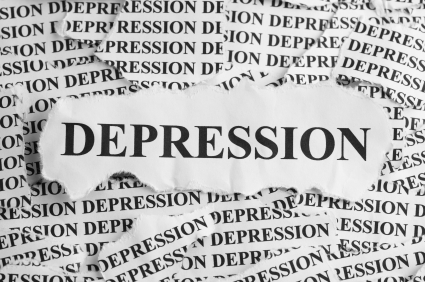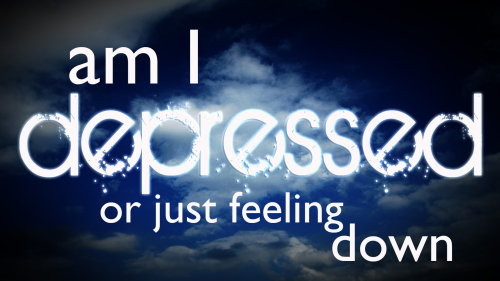Tips to minimize Holiday Blues

For some, the holidays represent a time of love, family and celebration. For others the holiday season may spark an overwhelming feeling of stress and depression. There are many factors that contribute to holiday depression: Self esteem, financial issues, unemployment, memories of deceased loved ones, relationship status, loneliness and much more. So, how do we minimize holiday blues?
If you find yourself feeling overly fatigued, frustrated, lonely, sad, or wanting to be isolated, there’s a good possibility you are suffering from holiday blues. This is a period of depression and will usually go away after the holiday or winter season, but should still be taken very seriously! If your feelings become too overwhelming, talk to a therapist to figure out your options.
Try these tips to help you feel better:
- Accept your feelings. The very first thing you want to do is accept and acknowledge your feelings. If someone close to you has recently died or you can’t be with loved ones, realize that it’s normal to feel sadness and grief. It’s OK to take time to cry or express your feelings. You can’t force yourself to be happy just because it’s the holiday season. Similarly, if you are having financial issues and you are not happy about it, accept how you are feeling at the moment and realize that it is temporary.
- Be open to change. The holidays don’t have to be perfect or the same like last year. As families change and grow, traditions and rituals often change as well. For example, if your adult children can’t come to your house, find new ways to celebrate together, such as sharing pictures, emails or videos. Be open to the possibility that not every holiday season will go according to how you imagined and wanted. You may have a limited budget and you may need to spend accordingly.
- Stick to a routine and get enough sleep. Holiday parties, and other events may make it difficult, but it is extremely important for your mental health to stick to your normal routine of eating and sleeping well.



